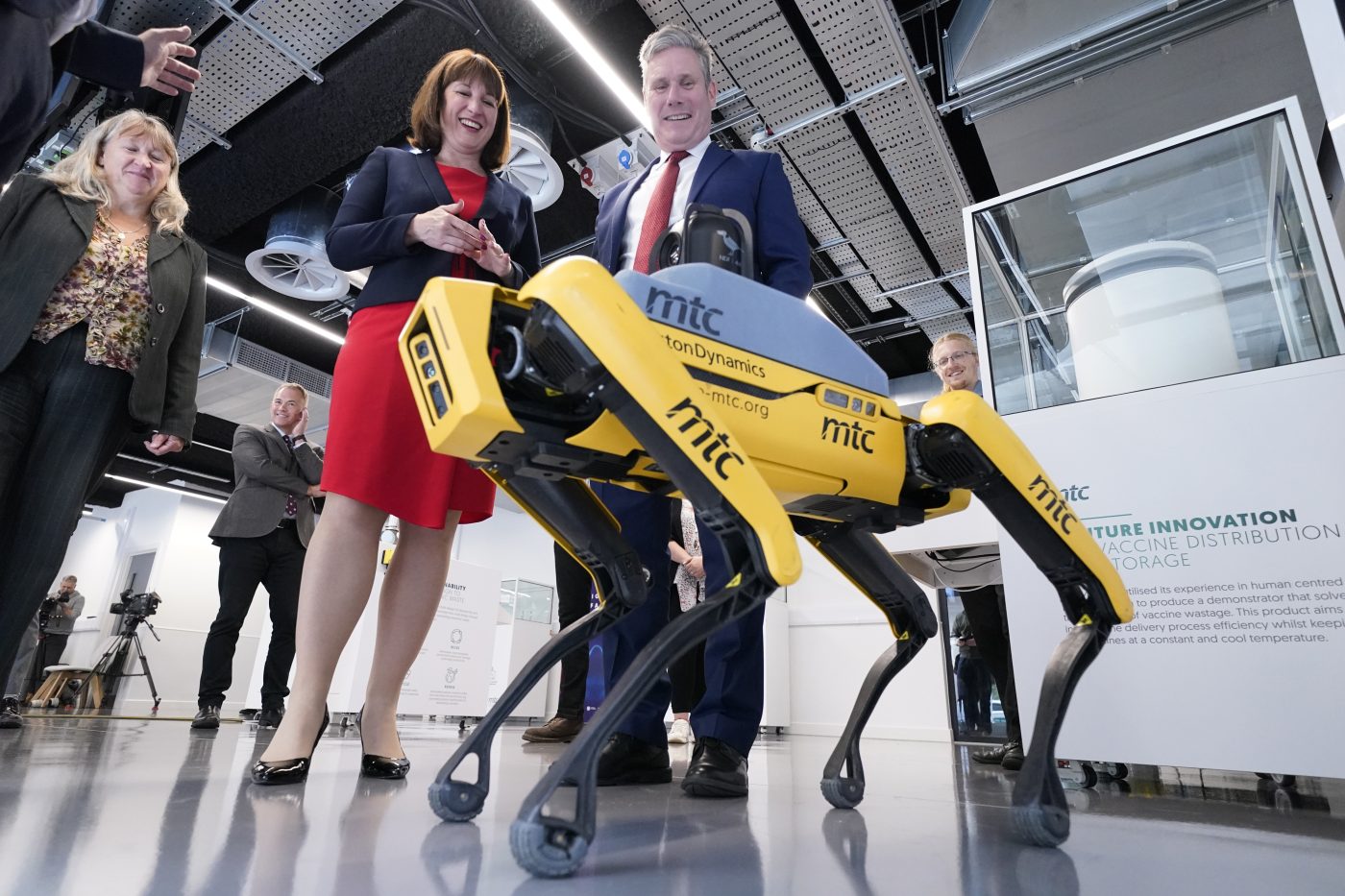AI Teaching & Learning Symposium: Pioneering Education in the Digital Age
The inaugural AI Teaching & Learning Symposium, co-hosted by Seton Hall University and Edge, brought together over 160 educators to discuss the impact of artificial intelligence (AI) on education. The day-long event explored policies and guidance, ethical challenges, accessibility implications, and practical opportunities for improving learning outcomes using AI.
AI is transforming education by personalizing learning, automating tasks, and enhancing data analytics.
The symposium featured a variety of sessions, including a presentation by Adobe on aligning AI offerings with the company’s AI ethics principles. A student panel, moderated by recent alumna Julia Boivin, focused on students’ experiences with generative AI tools in courses taught by Stillman School of Business Professor John Shannon, J.D. The panel discussed the practical applications of generative AI in learning environments, technical and ethical challenges, and solutions implemented.
“Artificial intelligence is rapidly evolving, transforming education by personalizing learning, automating tasks, and enhancing data analytics. We must prepare for a future significantly influenced by technology, particularly AI as a general-purpose technology,” explained Shannon.
The symposium showcased presentations from thought leaders at universities and colleges across the tri-state area, with speakers even coming from as far as Tennessee State University. Notable sessions from Seton Hall University included “Enhancing Creative Workflows with Generative AI in Adobe Photoshop” by Christopher Petruzzi, Manager of UI and Multimedia Design; “Integrating Generative AI in Higher Education Learning Environments: Opportunities and Challenges” by Professor John Shannon; and “Using AI Avatar Patients to Increase Student Readiness” by Leslie Rippon, Associate Professor in the Department of Athletic Training, Genevieve Zipp, Professor and Program Director of the PhD in Health Sciences, and Lorene Cobb, Assistant Professor in the Department of Physical Therapy.
Higher education must teach students the practical use of AI tools while emphasizing critical thinking, ethics, and interdisciplinary knowledge.
Exhibitors Amazon Web Services, Anthology, and e+ highlighted their efforts to support innovation in higher education by providing the infrastructure and tools needed to improve student outcomes, advance research, and transform university operations.
“I am incredibly proud of Seton Hall’s role in cohosting the inaugural AI Teaching & Learning Symposium,” said Seton Hall’s CIO, Paul Fisher. “By engaging a diverse group of academic professionals to explore these critical topics, we collectively advanced our understanding and approach to integrating AI in education.”
Seton Hall is taking proactive steps to address the rapid advancement of AI and its profound influence on education. This commitment includes ongoing dialogue, research, and implementation of AI technologies that uphold the University’s ethical standards, promote inclusivity, and empower students with critical skills.
Seton Hall remains dedicated to leading discussions and initiatives that shape the future of higher education, ensuring graduates are equipped to navigate and thrive in a rapidly changing world.


 Photo by
Photo by 











